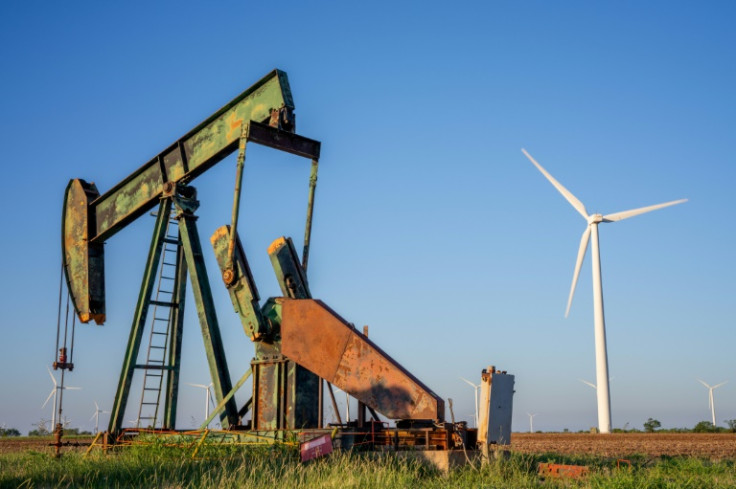Experts warn a trade war could raise prices globally, slowing down economic growth. Pixabay
Australia might not face direct tariffs from the U.S., but experts warn that the ripple effects of President Donald Trump’s policies, along with the rising threat of trade protectionism, could still impact the country’s economy, especially its exports.
As a nation that exports more than a quarter of its gross national product, Australia’s key markets may experience shifts that could reduce the demand for some of the top commodities.
Australia’s major exports include iron, coal, and natural gas, apart from beef, lamb, wheat, canola, and cotton, to lucrative global markets, ABC News reported.
In 2023, Australia set a new record for grain exports, reaching AU$16 billion.
However, these markets may be challenged as other countries, like Canada, cut prices to sell more grain that the U.S. no longer imports.
Pat O’Shannassy, CEO of Grain Trade Australia Ltd, warned that wheat and canola prices could fall as a result.
“One thing grain markets don’t like is volatility and uncertainty, so we’re in for choppy seas ahead,” he pointed out.
University of Technology economist Tim Harcourt highlighted that a trade war could raise prices globally, slowing down economic growth.
“We’ve got so much to sell to the world as an open economy [with] a great comparative advantage in agriculture and mining and services,” Harcourt said. “Protectionism is the worst thing that could happen to Australia.”
China’s role in Australia’s exports
In 2023, Australian exports totaled AU$80 billion, with two-thirds of the commodities going to Asia. China plays a central role in the nation’s trade as the largest buyer. However, if U.S. tariffs on Chinese goods impact China’s economy, demand for Australian iron ore and grain could decrease.
“But the main impact would come if the trade war with China escalates, which could lead to less demand for our raw materials that flow to China,” AMP chief economist Shane Oliver told Financial Standard.
“A broader impact would occur if the world enters into a trade war with the US, resulting in a reduction of global trade, which would have a negative impact on global economic activity, which, all things being equal, would further reduce demand for our exports, even though we’re not heavily exposed to the US directly,” he added.
As China has already indicated that it would retaliate, global protectionism might rise, further challenging Australian exporters.
Tariff impact for investors
Oliver noted that U.S. tariffs should have a limited direct impact on Australia, as only 4% of Australian exports go to the North American country. However, some industries could feel the pinch if the U.S. imposes tariffs on sectors like steel or pharmaceuticals.
An OECD study suggested that a 10% drop in global trade could reduce Australia’s GDP by 1.2%. But, Oliver believes a more realistic impact would be a smaller drop of 0.3% to 0.4%, which would not lead to a recession.
The situation might also push the Reserve Bank of Australia to cut interest rates to support economic growth, he stated.





